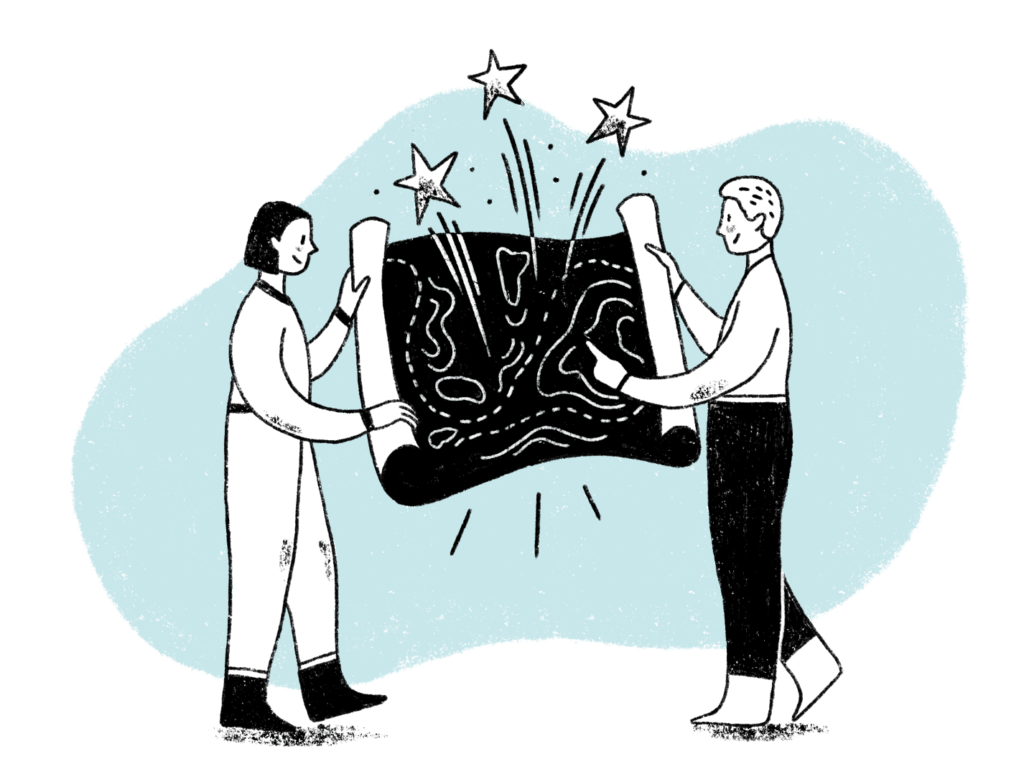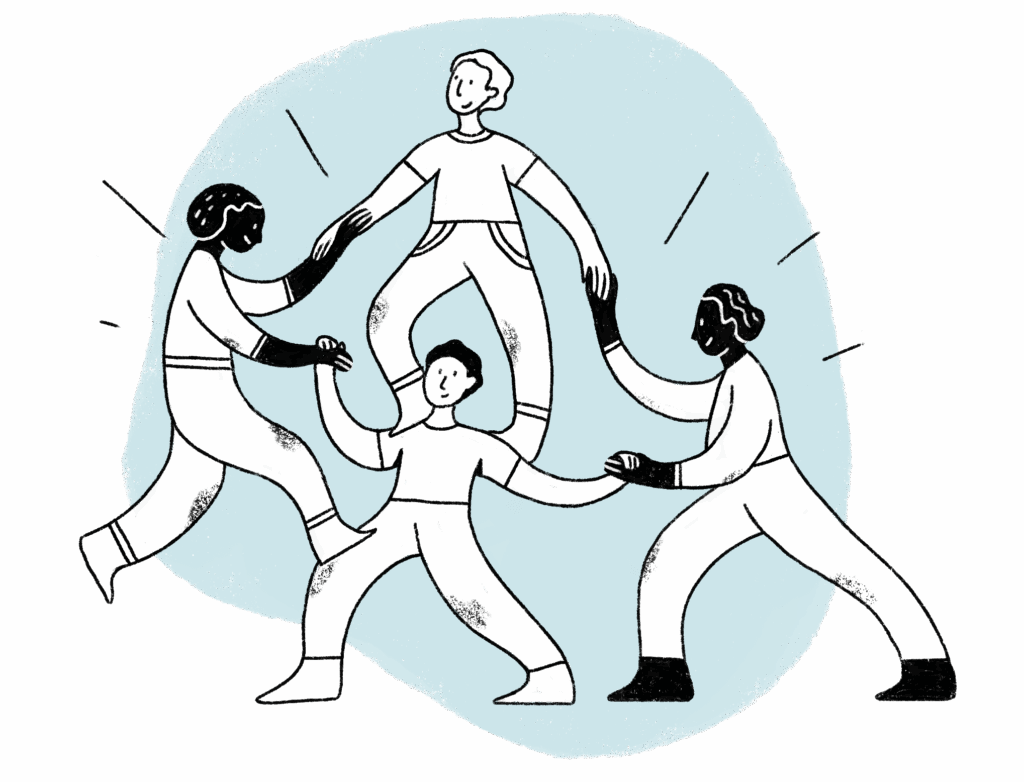
3 March 2025
6 min.
Team management
3 July 2025
4 min.

You’ve just wrapped up a big project, and everyone lets out a big sigh of relief: finally done! Time to jump into the next one?
Not so fast… There’s still one crucial (and often overlooked) step left: the project post-mortem. Rather than seeing it as a chore, think of it as a powerful way to learn, grow, and strengthen your team.
A project post-mortem is a chance to reflect on what went well and what could have gone better. It’s the perfect moment to celebrate wins and gather lessons you can carry into your future projects.
Collaborate better to boost engagement, unleash creativity, and avoid the trap of working in silos

To really make the most of it, here are a few key questions to guide your discussion:
By asking these questions, you make sure to avoid repeating mistakes and build on what worked.
Promote autonomy, motivation, and performance: align your team, empower them, and follow up without micromanaging

A good post-mortem should be structured and inclusive. Here are the essentials to touch on:
✓ Celebrate successes (taking time to acknowledge wins is energizing!)
✓ Identify areas for improvement
✓ Make space for everyone’s perspective
✓ Define concrete actions to move forward
To keep things focused and productive, it helps to follow a clear structure. Here’s a simple approach:
1️⃣ Introduction: remind everyone of the project goals and why you’re holding a post-mortem.
2️⃣ Celebrate successes: highlight the wins and strong points.
3️⃣ Discuss challenges: talk about what was difficult, without pointing fingers.
4️⃣ Share lessons learned: each team member shares personal takeaways.
5️⃣ Define next steps: clearly outline what to do differently next time.
Turn your meetings into a driver for action: plan better, bring the right people together, and ensure effective, productive discussions

A post-mortem can be an amazing tool, but it can quickly go sideways if you’re not careful. Here are two common traps:
The goal isn’t to find someone to blame. Instead, focus on understanding what happened and identifying ways to improve next time—without judgment.
Sometimes, louder voices can take over. Make sure everyone gets a chance to speak, including those who are usually quieter. The more perspectives you gather, the clearer your understanding.
Turn feedback into a driver for growth: give, receive, and ask for feedback with confidence, kindness, and a positive impact

Most people think you should wait until the end of the project. But it can also be really helpful to check in along the way, especially for longer or more complex projects.
→ At the end: to celebrate, analyze, and plan for the future.
→ During: to make real-time adjustments and prevent issues from piling up.
Strengthen your team’s cohesion, motivation, and performance through simple actions that reignite energy and a sense of collective purpose

At Boostalab, we love helping teams adopt better collaboration practices, build stronger connections, and navigate change with confidence. Our trainings and tools are designed to help you turn every project into an opportunity to learn and grow together.
✔ Le Lab: Our online learning platform designed to make people want to learn and grow at their own pace. Interactive trainings, available anytime and anywhere.
✔ Interactive team training paths: Immersive, multi-week experiences combining workshops and hands-on practice.
✔ Training boost: A group workshop to build new habits and experiment together in just 30 days.
✔ Ready-to-train kit: Practical, friendly, and effective content, ready to plug into your LMS.
Not sure which soft skills training is right for you? Take our quiz to find the best fit!
Blog

3 March 2025
6 min.

13 January 2025
7 min.

12 November 2024
6 min.